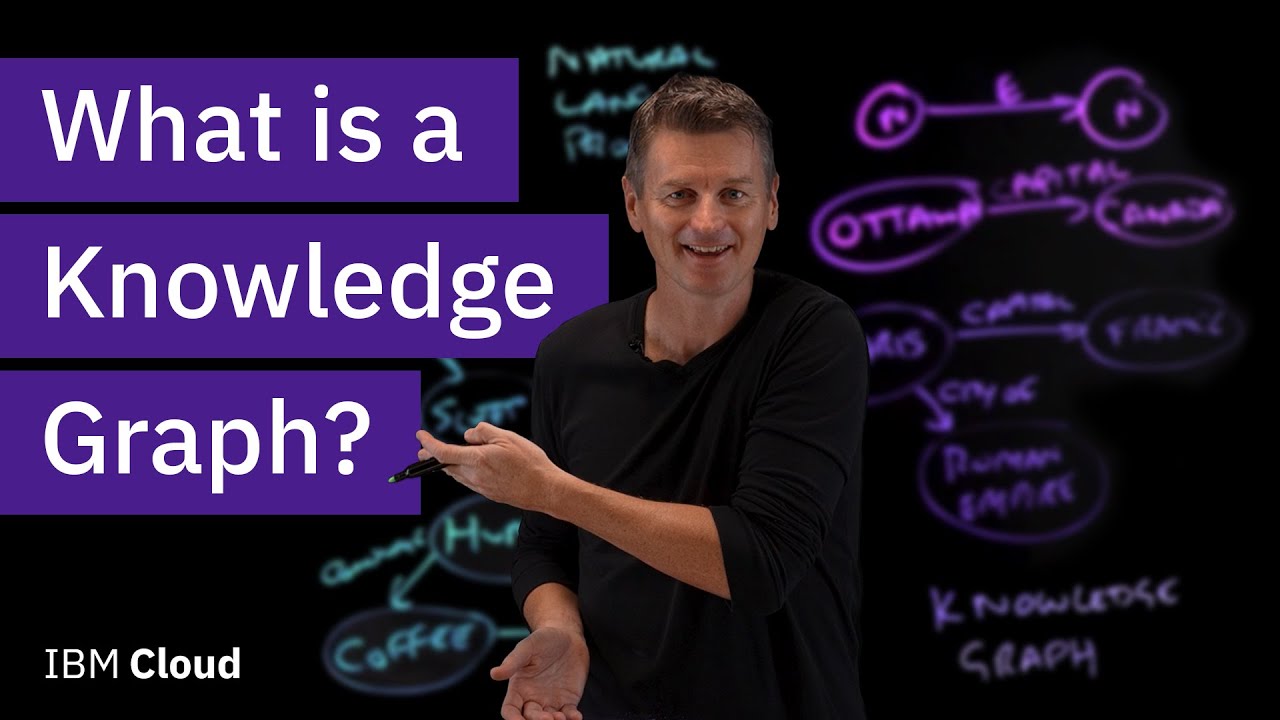In the world of SEO, the pursuit of rich results is an ongoing endeavor. SEOprofessionals strive to unlock the potential of rich SEO results SEO knowthat they can bring increased visibility, higher click-through rates, and even the possibility of improved rankings.
The quest for these coveted outcomes requires a deep understanding of the intricacies of SEOand a strategic approach to leveraging rich results. Let's dive into the essential aspects of rich SEO results that every SEO pro needs to know.
25 Rich SEO Results SEO Know To Be A Pro
Rich results have become a crucial element in the world of SEO, offering a quick win and significant visibility for new projects. As SEO professionals, it's essential to stay updated and knowledgeable about rich results to leverage their benefits effectively. Let's explore 25 key facts every SEO pro needs to know about rich results.

Structured Data and Rich snippets - A complete (but simplified) guide
Rich Snippets, Rich Cards, And Rich Results
Previously known as rich snippets and rich cards, Google now officially refers to them as rich results. The terminology might have changed, but the concept remains the same – rich results enhance the user experienceby providing more detailed and visually appealing information on the search engineresults page (SERP).
Understanding The Differences
It's crucial to differentiate between rich results, schema markup, and structured data. Schema markup, also known as the structured data format, acts as the language that helps create structured data. Structured data provides information about a page's contentin a standardized format.
Rich results, on the other hand, go beyond the standard blue link and are powered by structured data. They can include various non-textual elements such as images, carousels, or videos.
Relying On Google's Documentation
While schema.org provides valuable information about schema markup, it's essential to prioritize Google's documentation. Google's Search Central documentation specifically caters to SEO professionals and aligns with Google's search behavior requirements. Utilizing Google's documentation ensures accurate and up-to-date implementation of structured data.
Variety Of Rich Result Types
Google supports 32 different types of rich results. These include article snippets, book information, breadcrumbs, carousels, courses, datasets, Q&A sections, event details, fact checks, FAQs, and more. Each rich result type offers unique opportunities to present information effectively on the SERP.
Limited Support In Google Search Console
While Google Search Consoleprovides insights into rich results performance, it doesn't cover all 32 types. Currently, Google Search Console supports monitoring for 22 rich result types, including breadcrumbs, events, FAQs, job postings, product snippets, and more. Monitoring the performance of rich results through Google Search Console can help optimize their impact.
The Knowledge Graph As A Rich Result
The Knowledge Graph, a prominent feature of the SERP, is a type of rich result. It provides concise and comprehensive information about entities, such as people, places, organizations, or events. Optimizing your web presence to appear in the Knowledge Graph can significantly enhance your visibility and credibility.

What is a Knowledge Graph?
Featured Snippets And Rich Results
Featured snippets, another well-known feature on the SERP, are also considered rich results. They aim to provide immediate answers to user queries by displaying relevant information in a prominent position. As an SEO professional, understanding how tooptimize for featured snippets can greatly benefit your website's visibility and organic traffic.
Multiple Rich Results On A Single Page
It's possible to have multiple types of rich results on a single page. By implementing the appropriate structured data markup, you can showcase various rich result types simultaneously. For example, a product page might display video-rich results, breadcrumb rich results, and FAQ rich results, enhancing the overall user experience and increasing visibility.
Maximizing Rich Result Enhancements
Rich results offer enhancement opportunities based on the type of result you're targeting. For example, job posting structured data can have multiple properties such as date, description, organization, location, salary, and more. By providing comprehensive information, you increase the chances of receiving additional enhancements in the SERPs.
Implementing Rich Results With Structured Data Formats
To be eligible for Google's rich results, it's crucial to use structured data formats such as JSON-LD, microdata, or RDFa. These formats allow search engines to better understand and interpret the context of your content. JSON-LD, recommended by Google, offers an easy implementation process without negatively impacting page speed performance.

5 Essential Structured Data Types Your Site Needs to Have
Preferred Format - JSON-LD
JSON-LD is the preferred format for implementing rich results. It's easy to implement and doesn't impact page speed performance as it loads asynchronously. Choosing JSON-LD ensures a smooth implementation process while adhering to Google's recommendations.
Placement Of Structured Data
Unlike many SEO-related code changes, structured data format does not need to go in the <head>section of your website. It can be placed anywhere on your website, making it more flexible for implementation.
Automation Of Markup
Adding structured data markup to your website doesn't require extensive coding knowledge. Various tools and plugins, such as Yoast SEO, RankMath, SchemaApp, or Google Tag Manager, allow you to automate the process of adding structured data without the need for complex development work.
Testing With The Rich Result Test Tool
Google provides a rich result test tool that allows you to test and preview how your structured data appears in the SERPs. It's essential to use this tool during the implementation process to ensure that your rich results are correctly displayed and optimized.

Monitoring Rich Results in Search Console - Google Search Console Training
Compliance With Google's Quality Guidelines
To ensure your rich results appear in the search results, it's crucial to comply with Google's quality guidelines. Violating these guidelines may result in your rich results being omitted from the SERPs. Pay attention to factors such as relevance, accuracy, and adherence to ethical practices.
Potential For Manual Actions
If your rich results violate Google's guidelines, you may receive a manual action, which can significantly impact your website's visibility and rankings. Avoid using spammy or misleading structured data and ensure that your rich results accurately represent your content.
Updating And Maintaining Relevance
Rich results are not static; they require regular updates and maintenance. If your content becomes outdated or irrelevant, Google may not display your rich results. It's crucial to keep your structured data up to date and ensure its alignment with the current state of your content.
Meeting Required Properties
For your rich results to appear in the SERPs, they must include the required properties specified by Google. Different types of rich results have specific recommended properties that need to be included for optimal display. Make sure to provide all the necessary information to increase the chances of your rich results appearing in the search results.
Leveraging Recommended Properties
In addition to the required properties, Google often provides recommended property options for rich results. It's advisable to include these recommended properties whenever possible, as they can enhance your rich results and potentially qualify for new and experimental rich result types as they are rolled out.
Handling Duplicates And Canonical Pages
If you have duplicate pages with the same content, it's recommended to include the same structured data on all page duplicates, not just the canonical page. This ensures that all versions of the page are eligible for rich results and increases their visibility and impact.

How to Fix Canonical Warnings in Google Search Console
Mobile And Desktop Versions
If your website has separate mobile and desktop versions, it's crucial to implement rich results on both versions. Search engines treat these versions as separate entities, and optimizing both ensures maximum visibility and user experience across devices.
No Guaranteed Results
While implementing structured data and optimizing for rich results can significantly benefit your website, there's no guarantee that your pages will receive rich results. Google's algorithms determine which results are displayed as rich results, and it's a waiting game to see if your website qualifies. Patience and ongoing optimization efforts are key.
SEO Considerations Beyond Markup
Implementing rich results goes beyond just adding structured data markup. It may require improving internal linking structures, defining your website's voice and mission, optimizing page load speed, and delivering exceptional user experiences. Take a holistic approach to SEO and ensure that all aspects of your website align with best practices.
Embracing A Data-Driven Approach
To leverage the full potential of rich results, embrace a data-driven approach. Monitor the performance of your rich results, analyze user engagement, and make data-informed decisions to optimize and refine your implementation. Continuously tracking and adapting to the changing landscape will help you stay ahead in the SEO game.
Continuous Learning And Adaptation
Finally, the world of SEO is dynamic and ever-evolving. Stay updated with the latest developments, algorithm changes, and best practices related to rich results. Continuously educate yourself, experiment, and adapt your strategies to harness the full potential of rich results and maintain a competitive edge.

SEO in 2023: My NEW Strategy for Google Traffic!
People Also Ask
What Is Rich Results In SEO?
A rich result in Google search refers to an augmented search outcome that includes additional visual or interactive elements. Previously referred to as a "rich card" or "rich snippet," these results offer users a more engaging and informative experience.
What Are The Features Of Rich Results?
Rich results often display supplementary content alongside images, such as ratings, votes, step-by-step instructions, pricing details, stock availability, videos, product information, and various other types of relevant information. As illustrated in the example above, a rich result for a recipe might feature cooking times, site links, ratings, and feedback provided by other users.
What Is An Example Of A Rich Result?
Rich results encompass diverse elements like carousels, images, and non-textual components. Examples include Google For Jobs, Flights, Knowledge Panel, Hotels, and Reviews. While not all are officially termed "rich results," they contribute to the enhanced search experience.
Do Rich Snippets Help SEO?
Yes, rich snippets help SEO by providing enhanced visibility and attention to search results. Rich snippets, with their additional information and visual elements, attract more user attention, allowing websites to stand out from competing search results. This increased visibility can lead to higher click-through rates, improved user engagement, and ultimately, a positive impact on organic search rankings.
What Is The Impact Of Rich Snippets?
Rich snippets present significant opportunities for increased visibility, higher click-through rates, and potentially improved long-term rankings. While there is no guarantee that Google will display rich search results from your page, incorporating structured data in strategic locations greatly enhances your chances of achieving these benefits.
Conclusion
In conclusion, the realm of SEO is forever transformed by the advent of rich results. These results hold the promise of enhanced visibility, higher click-through rates, and the potential for improved rankings.
While there are no guarantees when it comes to the display of rich search results, implementing structured data in the right places significantly increases the likelihood of reaping the rewards.
As SEO professionals, it is crucial to stay informed, adapt strategies, and embrace the power of rich SEO results SEO knows to unlock new opportunities for success in the ever-evolving landscape of search engine optimization.